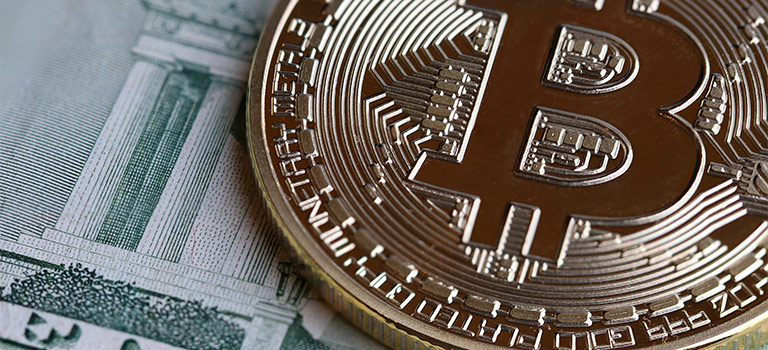PALO ALTO, Calif. (Reuters) - The Federal Reserve is looking at a broad variety of concerns around digital payments and currencies, consisting of policy, style and legal considerations around potentially issuing its own digital currency, Governor Lael Brainard stated on Wednesday. Brainard's remarks suggest more openness to the possibility of a Fed-issued digital coin than in the past." By transforming payments, digitalization has the prospective to provide higher value and benefit at Go to this website lower expense," Brainard said at a conference on payments at the Stanford Graduate School of Business.
Reserve banks globally are debating how to manage digital financing innovation and the dispersed ledger systems utilized by bitcoin, which guarantees near-instantaneous payment at possibly low expense. The Fed is establishing its own round-the-clock real-time payments and settlement service and is presently evaluating 200 remark letters submitted late in 2015 about the suggested service's style and scope, Brainard stated.
Less than two years ago Brainard told a conference in San Francisco that there is "no engaging showed requirement" for such a coin. However that was before the scope of Facebook's digital currency ambitions were commonly understood. Fed officials, consisting of Brainard, have actually raised issues about customer defenses and information and privacy threats that might be postured by a currency that could enter usage by the 3rd of the world's population that have Facebook accounts.

" We are teaming up with other reserve banks as we advance our understanding of main bank digital currencies," she stated. With more countries checking out releasing their own digital currencies, Brainard said, that contributes to "a set of factors to also be making certain that we are that frontier of both research and policy development." In the United States, Brainard stated, issues that need research study include whether a digital currency would make the payments system more secure or easier, and whether it might position financial stability threats, consisting of the possibility of bank runs if money can be turned "with a single swipe" into the reserve bank's digital currency.
To counter the monetary damage from America's extraordinary national lockdown, the Federal Reserve has taken unmatched steps, including flooding the economy with dollars and fedcoin price investing directly in the economy. The majority of these moves got grudging approval even from many Fed skeptics, as they saw this stimulus as needed and something only the Fed might do.
My new CEI report, "Government-Run Payment Systems Are Hazardous at Any Speed: The Case Against Fedcoin and FedNow," details the threats of the http://louisvlix806.theglensecret.com/say-no-to-the-fedcoin-scheme-it-s-a-trap-miller-on-the-1 Fed's existing plans for its FedNow real-time payment system, and propositions for main bank-issued cryptocurrency that have been called Fedcoin or the "digital dollar." In my report, I discuss issues about privacy, data security, currency adjustment, and crowding out private-sector competitors and innovation.
Supporters of FedNow and Fedcoin say the government should develop a system for payments to deposit quickly, rather than motivate such systems in the economic sector by raising regulatory barriers. However as kept in mind in the paper, the economic sector is offering a relatively unlimited supply of payment innovations and digital currencies to solve the problemto the extent it is a problemof the time space between when a payment is sent out and when it is gotten in a bank account.
And the examples of private-sector innovation in this location are numerous. The Cleaning House, a bank-held cooperative that has been routing interbank payments in different forms for more Click for info than 150 years, has been clearing real-time payments because 2017. By the end of 2018 it was covering 50 percent of the deposit base in the U.S.